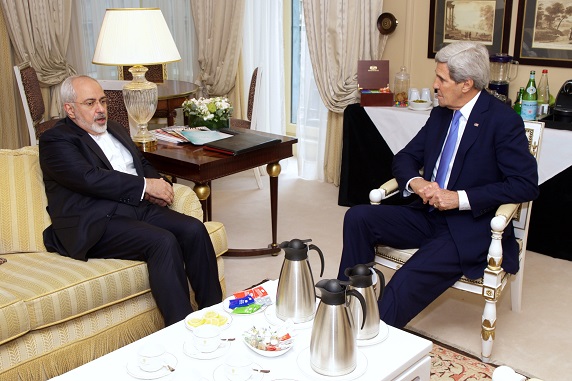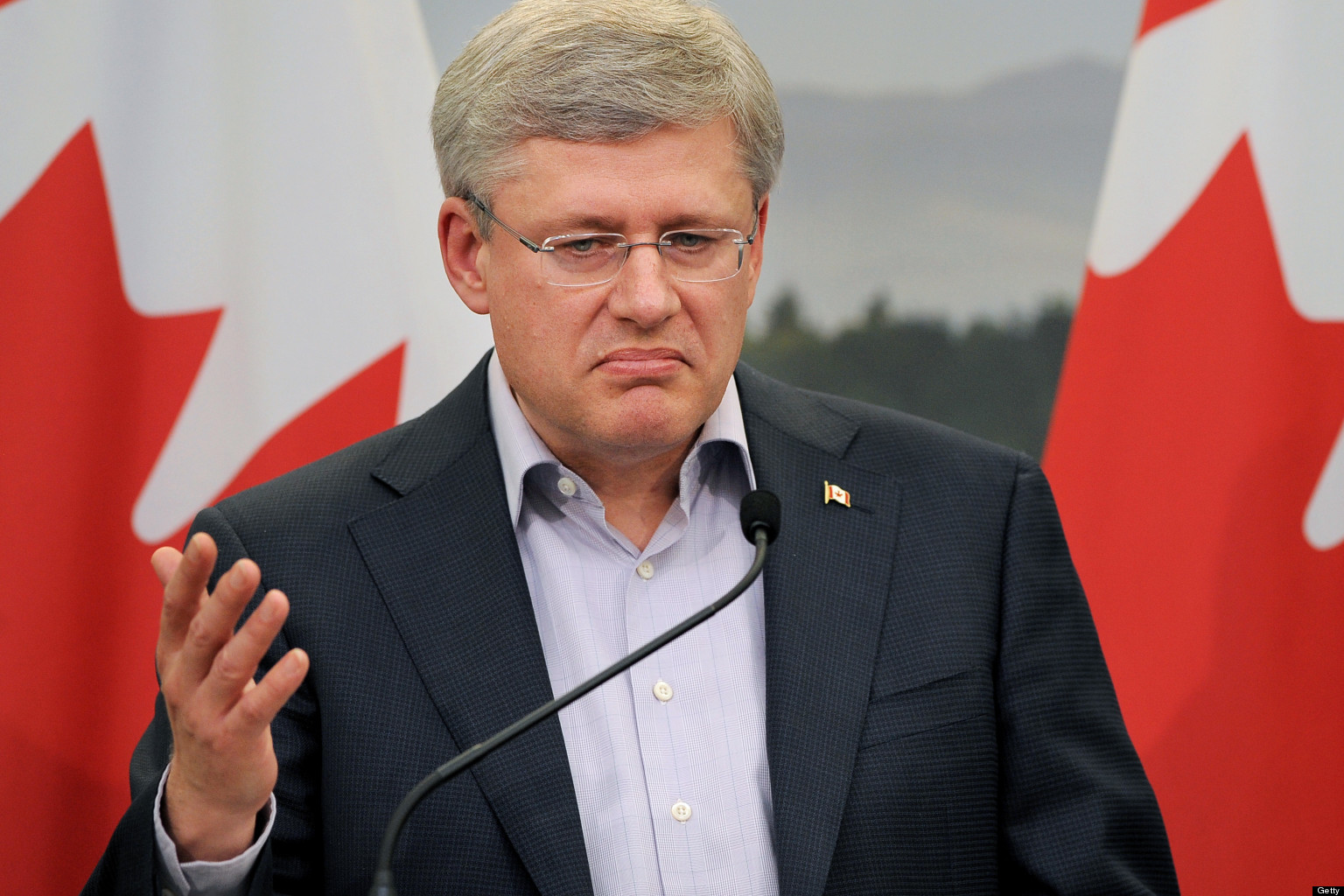T
he historic deal struck by Iran and an American-led coalition on July 14, 2015, has initiated ample speculation and debate regarding the efficacy of the agreement in preventing Iran from obtaining a nuclear weapon. Optimists have celebrated the deal as the single greatest foreign policy achievement of Barack Obama’s presidency, hailing it as a game-changer that will significantly reshape Middle Eastern politics for the better. On the other hand, cynics claim that a better deal could have been reached, and the most fervent among them, such as Israeli Prime Minister Benjamin Netanyahu, insist that the agreement will pave the way to an Iranian nuclear bomb. While most of the commentary has focused on the geopolitical implications of the agreement, there are also important economic dimensions to consider.
Economics played an integral role in the agreement, as it was the crippling sanctions that have decimated the country’s economy since 2006 that brought Iran to the negotiating table. In exchange for strict limitations on Iran’s nuclear development and aggressive inspections to ensure compliance, the West has agreed to relieve sanctions that have impeded economic progress for nearly a decade. From Iran’s perspective, economic incentives arguably played the most powerful role in pushing them to an agreement. Whether Iran ultimately benefits from this deal hinges upon whether the economic rewards outweigh the costs of forgoing nuclear development.
If the international community truly wants to prevent Iran from obtaining a bomb in the future, it must also hope that the unravelling of sanctions sufficiently facilitates economic development. As a result of sanctions, Iran has experienced negative economic growth and unemployment currently stands at 11%, although certain definitions of joblessness result in a much higher figure. Furthermore, Iran has been largely shut out from international financial markets, and has struggled to cope with a plummeting currency and rising inflation. Perhaps the nuclear deal’s greatest benefit to Iran is that it will allow them to participate in international financial transfer mechanisms such as those established by the Society for Worldwide Interbank Financial Telecommunication (SWIFT). The SWIFT system essentially permits countries to transfer money electronically, and every major banking institution in the world uses it. When the US successfully barred 15 Iranian banks from using SWIFT in 2012, they lost access to a financial tool that netted them tens of billions of dollars annually. By regaining use of the SWIFT system, and to global financial markets by extension, it will be significantly easier for Iran to do business. The drawback of sanctions therefore unlocks potential for Iran to substantially revamp their economy.

The nuclear deal will also encourage a variety of international players to consider investing in Iran. With a population of almost 80 million people, countries and business alike will seek to expand their enterprises in Iran in order to gain access to a strong consumer market. Much of Iran’s citizenry is upper-middle class and literate, and Iranians have a well-established appetite for Western products such as those created by Coca-Cola, Apple, Dell, and Starbucks. Furthermore, European powerhouses such as Germany have already approached Iran with plans to increase trade between the two countries. Germany has sent its vice-chancellor and economic minister along with representatives from companies such as Mercedes-Benz, Siemens, and Volkswagen to Iran in order to negotiate investments. Once the deal is finalized and the sanctions officially unravel, more meetings such as these are bound to occur.
In addition to the aforementioned economic benefits, Iran faces a number of other encouraging prospects for growth. In recent years, hundreds of thousands of highly-skilled and educated Iranians have left the country in pursuit of more lucrative opportunities abroad, costing the country billions of dollars each year in what some consider to be the highest rate of brain drain worldwide. By scaling back the sanctions, these Iranians will have stronger incentives to remain at home. Moreover, Iran holds some of the largest reserves of crude oil across the globe, and the International Energy Association predicts that the end of sanctions will increase Iranian oil production by 600,000 to 800,000 barrels per day. In terms of overall economic growth, some diplomats believe that Iran’s GDP growth could reach eight percent after 18 months of drawing back sanctions.
To be sure, the revival of Iran’s economy will not occur immediately, and it will likely take time for the country to get back on its feet. There is also a strong possibility that Iran will funnel some of the additional wealth to militant organizations such as Hezbollah and deadly campaigns in countries like Syria, Iraq, and Yemen, which are already fraught with unrest. However, critics of the nuclear deal have been unpersuasive in arguing that the status quo is preferable. In addition to the fact that experts believe the agreement will make it harder for Iran to acquire a nuclear weapon, the economic prospects of the deal provide a strong reason for optimism.




